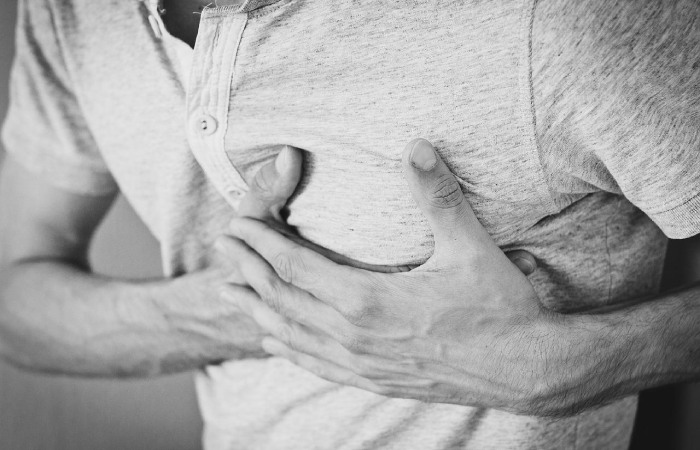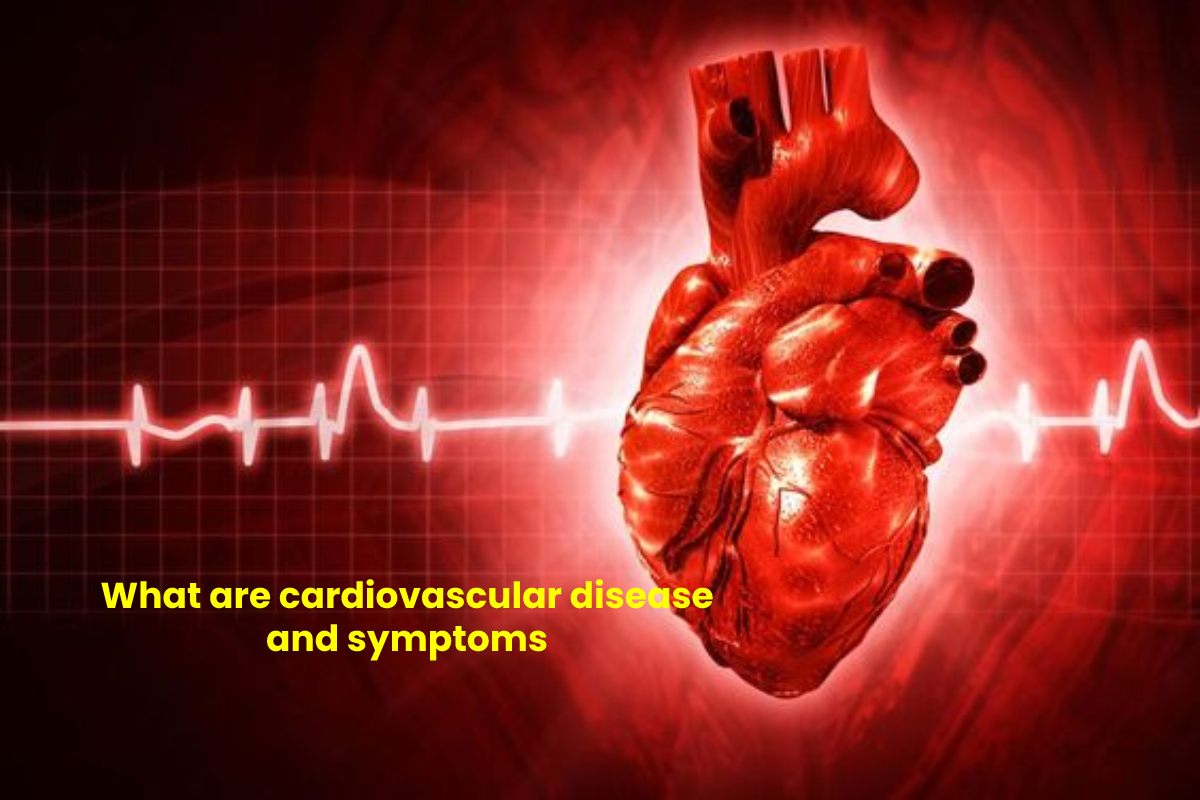Cardiovascular disease is the first cause of mortality, followed by cancer and respiratory diseases. According to the latest data from the National Institute of Statistics (INE), heart disease caused 117,484 deaths in 2013, representing 30.09% of all deaths in Spain.
Cardiology is the medical division in charge of heart and circulatory system diseases. Its professional is the cardiologist, in charge of identifying, treating, and monitoring any cardiovascular pathology and the patient who suffers from it.
Its composed diet (based on fruits, vegetables, fish, legumes, and little red meat, exercising regularly, and quitting smoking could dramatically reduce cardiovascular disease statistics.
Table of Contents
The following can consider decisive cardiovascular risk factors:
Hypertension, hypercholesterolemia, overweight and obesity, sedentary lifestyle, alcohol abuse, smoking, and diabetes.
Heart diseases are acute myocardial infarction, stroke, angina pectoris, atrial fibrillation, and heart failure.
These are problems that affect the heart and blood vessels. It is a broad concept that encompasses a wide range of diseases that can cause deterioration of heart function.
Therefore this type of disease often occurs without pain and apparent symptoms. For this reason, they are often not treated by specialist doctors.
As a result, this can lead to even more severe health problems, such as heart attack, stroke, or impaired kidney function. What’s especially dangerous about cardiovascular disease is that you can have more than one at a time.
Heart failure symptoms

- Its Irregular tiredness and smallness of breath on exertion.
- Difficulty breathing lying down.
- Poor exercise tolerance.
- Fluid retention.
- High blood pressure or high blood pressure
- This disease increases the risk of having a heart attack.
Its produced by narrowing small arteries, called arterioles, responsible for regulating blood flow. When these get smaller, the heart must work harder than its capacity to fulfil its function, which causes pressure in the blood vessels.
Excess cholesterol
Having cholesterol seriously harms health. A balanced diet and even exercise will help regulate cholesterol levels.
A blood test must determine total cholesterol and “bad” cholesterol since it does not produce symptoms until the repercussion appears at the blood vessels and the heart level.
Myocardial infarction
A blocked artery can cause it. It Sources a decrease in oxygen to the heart cells, causing them to die and also causation part of the heart muscle.
Symptoms of myocardial infarction
The most individual symptom of myocardial infarction is sharp chest pain.
Angina pectoris
When the necessary blood does not flow to the heart, angina pectoris occurs. This medium is due to the blockage in the coronary arteries.
angina pectoris symptoms
The main symptom is that the patient suffers from intense pressure in the chest.
Heart rhythm disorders
Typically, rhythm disorders are the consequence of an underlying cardiovascular disease. Therefore these disorders alter the frequency and regularity of a person’s regular pulse. This situation can become quite frequent. However, this does not mean that the individual suffers from cardiovascular disease. Depending on the degree and type of affectation of the cardiac rhythm, the condition will be suffered or not. A cardiologist’s early detection and also evaluation are crucial for detecting and treating the disease.
Most frequent cardiovascular diseases
Among the heart diseases that cardiologists usually treat, we find:
Heart failure
They produce when there is an imbalance between the heart’s ability to pump blood and the body’s needs.
On this occasion, the heart may fail due to its problem, or its ability to react is insufficient to satisfy what the body asks of it.
What are its symptoms, and how are they detected?
These diseases usually have a long period in which they do not present any symptoms. There are complex studies capable of detecting them in some patients during this period, but a specialist must assess their need to perform them. When they become symptomatic, they usually do so through an acute and severe condition such as a heart attack (AMI) or stroke.
In the case of coronary heart disease, symptoms are characterized by severe pain in the centre of the chest, which may radiate to one or both arms, the back, the pit of the stomach, or the neck; shortness of breath.
When the compromise affects the arteries that supply the brain, there is usually a sudden loss of strength or sensitivity in some parts of the body and difficulties in speaking or understanding what others are saying.
How are they prevented?
- Do not smoke and avoid contact with second-hand tobacco smoke.
- Minimize the consumption of foods high in sugar and salt.
- Periodically check blood pressure, cholesterol, and blood sugar (glycemia) levels and keep them under control with the treatment indicated by the doctor.
- Be physically energetic most days of the week (or every day).
- Lose weight (if overweight) and maintain a healthy weight.
- Periodically consult the family doctor.
CONCLUSION
Cardiovascular disease is a wide term for heart and blood vessel problems. This condition occurs when fat and cholesterol build up on the walls of the blood vessel (artery). These problems are often due to atherosclerosis.

